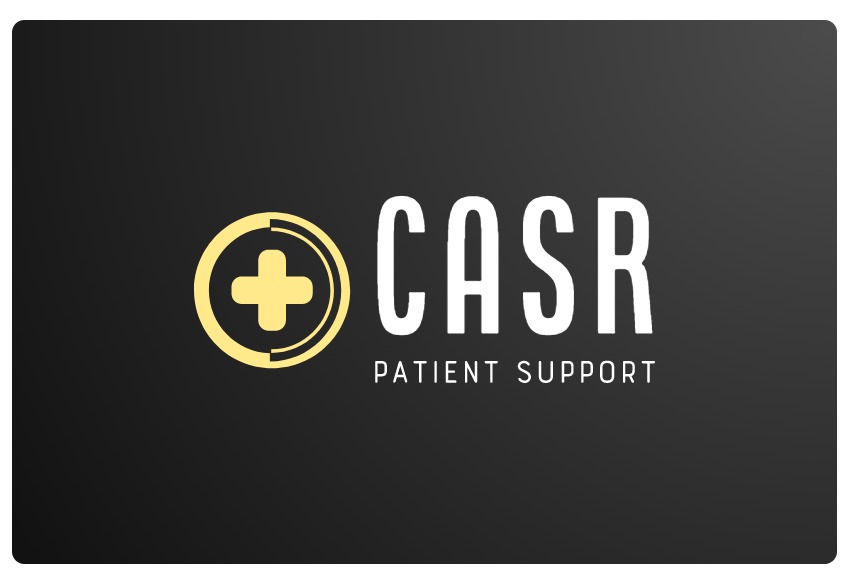“Brain Fog” in Hypoparathyroidism
Hypoparathyroidism is a rare condition in which the parathyroid glands, which are responsible for regulating calcium levels in the body, produce insufficient amounts of parathyroid hormone. This leads to a variety of symptoms, including muscle cramps, fatigue, and cognitive impairment commonly referred to as “brain fog.” In this article, we will explore ways to manage and tackle brain fog when living with hypoparathyroidism.
1. Monitor calcium levels
One of the main causes of brain fog in hypoparathyroidism patients is low calcium levels. It is crucial to monitor calcium levels regularly and adjust supplements accordingly to maintain optimal levels. A doctor or endocrinologist can help determine the appropriate calcium supplementation and dosage.
2. Get enough rest
Fatigue is another common symptom of hypoparathyroidism that can contribute to brain fog. Getting enough rest is crucial in managing this symptom. Make sure to get enough sleep and take breaks when needed throughout the day.
3. Stay hydrated
Dehydration can also contribute to brain fog. It is essential to stay hydrated by drinking enough water and avoiding alcohol and caffeine, which can further dehydrate the body.
4. Exercise regularly
Exercise can improve overall health and cognitive function. Low-impact exercises such as walking or yoga can be beneficial for hypoparathyroidism patients. Consult with a healthcare provider before starting a new exercise routine.
5. Mindfulness and stress management
Stress can worsen brain fog symptoms. Practicing mindfulness techniques such as meditation or deep breathing exercises can help manage stress levels and improve cognitive function.
6. Seek support
Living with hypoparathyroidism can be challenging, and it is essential to seek support from loved ones or a support group. Sharing experiences and connecting with others can provide emotional support and help manage the symptoms associated with the condition.
Brain fog is a common symptom of hypoparathyroidism that can significantly impact quality of life. By monitoring calcium levels, getting enough rest, staying hydrated, exercising regularly, practicing mindfulness, and seeking support, patients can manage this symptom and improve their overall well-being. It is crucial to work closely with a healthcare provider to manage the condition effectively.



